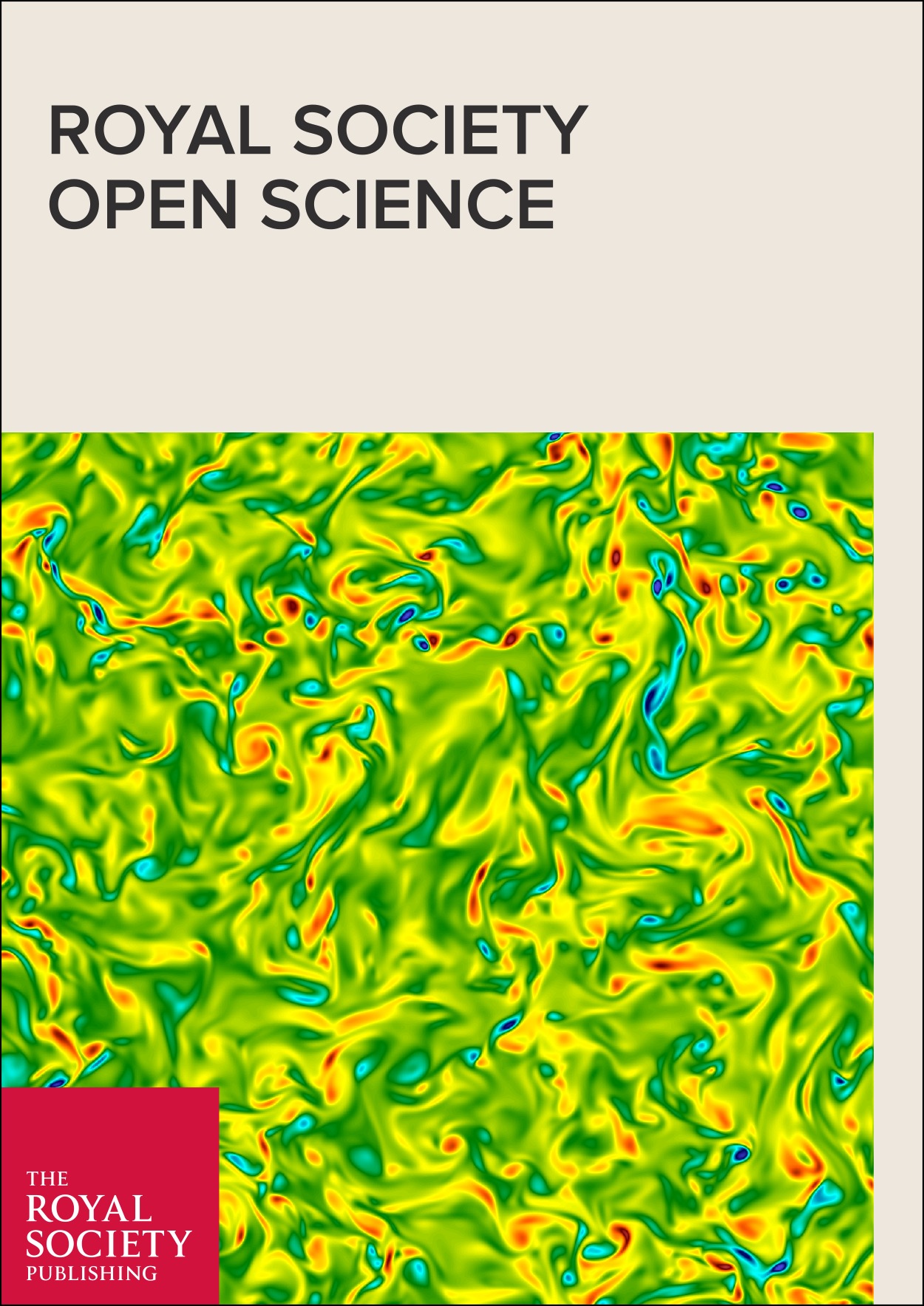What Motivates Reviewers? An Experiment in Economics
Shorter deadlines, email reminders, and cash incentives can speed up the peer review process and minimize unintended effects, a recent study suggests. Can it work for other disciplines?

publications
Send us a link
Shorter deadlines, email reminders, and cash incentives can speed up the peer review process and minimize unintended effects, a recent study suggests. Can it work for other disciplines?

A discussion of how trust in expertise is placed or refused, highlighting the affective dimension of epistemic trust, and discussing the danger of a 'context collapse' in digital communication.
LERU's paper discussing the eight pillars of Open Science identified by the European Commission: the future of scholarly publishing, FAIR data, the European Open Science Cloud, education and skills, rewards and incentives, next-generation metrics, research integrity, and citizen science.
A study identifies papers that stand the test of time. Fewer than two out of every 10,000 scientific papers remain influential in their field decades after publication, finds an analysis of five million articles published between 1980 and 1990.
The role of faculty hiring networks in shaping the spread of ideas in computer science, and the importance of where in the network an idea originates: research from prestigious institutions spreads more quickly and completely than work of similar quality originating from less prestigious institutions.
When citation-based indicators are applied at the institutional or departmental level, rather than at the level of individual papers, surprisingly large correlations with peer review judgments can be observed.
In a controlled experiment with two disjoint program committees, the ACM International Conference on Web Search and Data Mining (WSDM'17) found that reviewers with author information were 1.76x more likely to recommend acceptance of papers from famous authors, and 1.67x more likely to recommend acceptance of papers from top institutions.

Case report looking at two approaches taken by the Central Library of Forschungszentrum Jülich in 2017.

Scientists are more efficient at producing high-quality research when they have more academic freedom, according to a recent study of 18 economically advanced countries. Researchers in the Netherlands are the most efficient of all. The existence of a national evaluation system that is not tied to funding was also associated with efficiency.
Preprint showing that ethnic diversity consistently leads to higher scientific impact.
Ethical, organizational and economic strengths and weaknesses of funder open access platforms: opportunities and threats presented by funder open access platforms in the ongoing transition to open access.
Three steps that could be taken by funding agencies to support young investigators in more constructive and effective ways: (1) greatly expand the use of the New Innovator/Starting Grants awards, (2) increase the funding of young investigators through requests for applications, and (3) experiment with separate competitions for Early Stage Investigators when awarding traditional investigator-initiated R01 grants.
Introductory report for the Knowledge Exchange working group on preprints, based on contributions from the Knowledge Exchange Preprints Advisory Group.
Reproducibility failures occur even in fields such as mathematics or computer science that do not have statistical problems or issues with experimental design. Suggested policy changes ignore a core feature of the process of scientific inquiry that occurs after reproducibility failures: the integration of conflicting observations and ideas into a coherent theory.

The report identifies and addresses three critical points for women and women of color tech and science entrepreneurs: the myth that there is a "pipeline problem", the fact that traditional accelerator programs are not working for this population and how investors can fix the funding gap.
Academia has relied on citation count as the main way to measure the impact or importance of research, informing metrics such as the Impact Factor and the h-index. But how well do these metrics actually align with researchers’ subjective evaluation of impact and significance?

When evaluating the strength of the evidence, we should consider auxiliary assumptions, the strength of the experimental design, and implications for applications. To boil all this down to a binary decision based on a p-value threshold is not acceptable.
In this study, among a large number of factors that can enhance life satisfaction for postdocs (e.g., publication productivity, resources available to them) only one stood out as significant: the degree to which atmosphere in the lab is pleasant and collegial.
For the USA, this study finds, the entire history of science Noble prizes is described on a per capita basis to an astonishing accuracy by a single large productivity boost decaying at a continuously accelerating rate since its peak in 1972.

The state of affairs with regard to policies, funding and publishing Open Access monographs in eight European countries.

Pilot study found that providing a digital edition that is freely available on the Internet increases the trackability, visibility and use of monographs. The study also finds that open access does not have a negative impact on printed book sales.
P-values and significance testing have come under increasing scrutiny in scientific research. How accurate are these methods for indicating whether a hypothesis is valid?
A survey to better understand funder perspectives with respect to supporting open infrastructure shows that beyond open access, however, there is very little consensus on other open activities.
Women with female PhD supervisors publish more papers and are 50% more likely to become academics than those with male advisers.

Commission Recommendation of 25 April 2018 on access to and preservation of scientific information.
Article suggesting that positive feedback in funding may be a key mechanism through which money is increasingly concentrated in the hands of a few extremely successful scholars, but also that the origins of emergent distinction in scientists' careers may be of an arbitrary nature. (The article is closed access and requires a subscription to view the full text legally.)
How Open Access has been addressed in other countries, and how it can be implemented in Switzerland.
For the USA, the entire history of science Noble prizes is described on a per capita basis to an astonishing accuracy by a single large productivity boost decaying at a continuously accelerating rate since its peak in 1972.